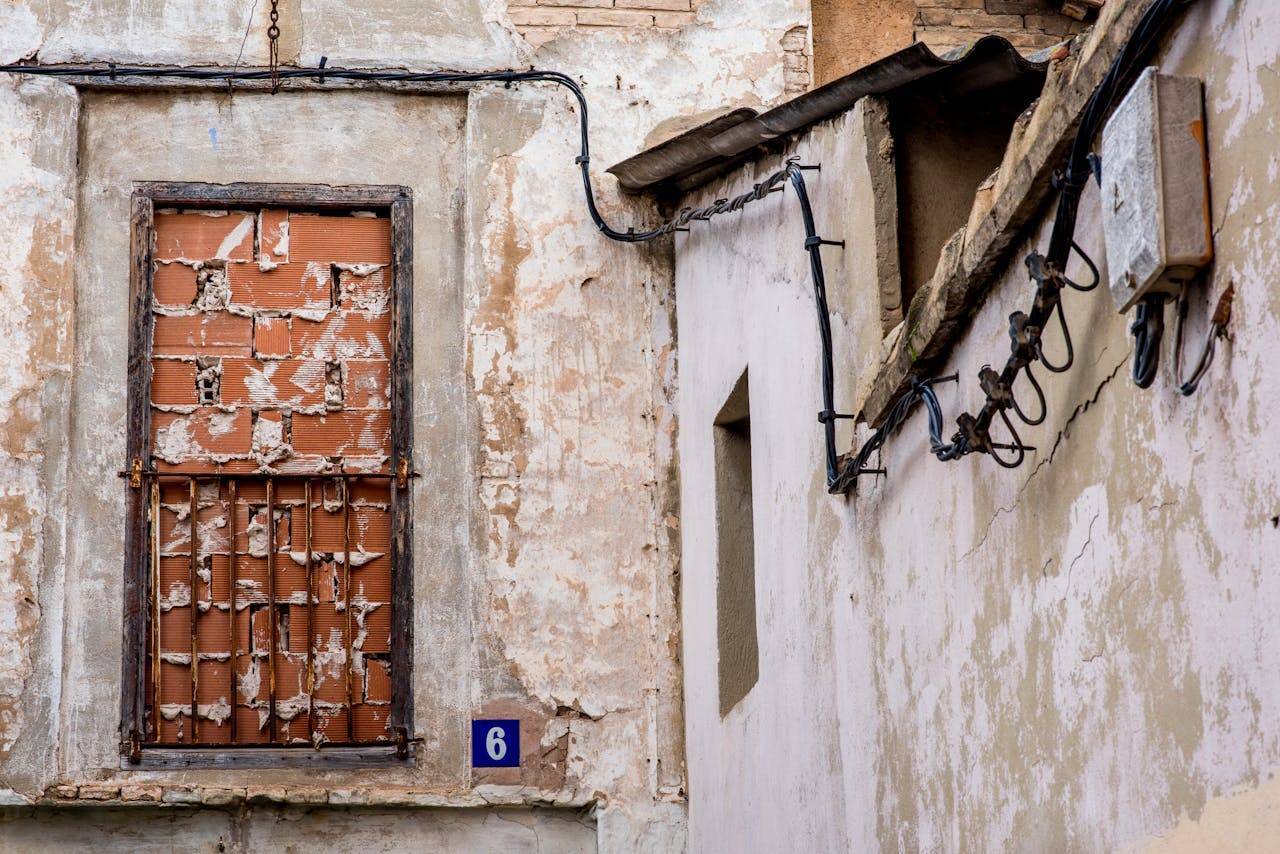The Department of Urban Development in Goa has issued a notification streamlining the process for granting bifurcated house numbers and permissions for structural repairs to individual dwelling units located within the same property. This move addresses long-pending demands from residents occupying portions of ancestral or jointly owned buildings across various municipal jurisdictions, who often face obstacles when applying for utility connections or undertaking essential maintenance.
In many parts of urban Goa, especially in traditional neighbourhoods, multiple families reside under the same survey number without formal division of the property. Despite functioning as independent units, these households have been unable to access separate water, electricity, or sanitation services due to the lack of officially bifurcated house numbers. The new guidelines empower municipal councils to assign separate house numbers in such cases, provided the applicant submits the required documentation.
Under the revised procedure, a resident seeking a separate house number must furnish a layout plan clearly marking the extent and boundaries of the individual dwelling unit within the building. Additionally, recent photographs of the unit, along with proof of ownership or long-term occupancy, must be submitted. The application must also be accompanied by an undertaking confirming that the proposed bifurcation does not involve any unauthorised construction or encroachment.
To facilitate smoother implementation, the Urban Development Department has delegated powers to the Chief Officers of municipal councils to approve bifurcation proposals that meet the criteria. These officers will rely on site inspections and verifications by municipal engineers before issuing fresh house numbers. Officials have stated that this change will not only help in updating municipal records but will also enable more equitable access to government services, subsidies, and taxation.
Alongside the house number bifurcation reform, the department has also revised the rules related to building repair permissions for legal structures. Residents intending to carry out structural repairs—such as fixing cracks, replacing deteriorated beams, or strengthening walls, can now do so by submitting basic documentation to their respective municipal councils. The required paperwork includes a layout sketch of the existing structure, a description of the repair work, and a safety certificate issued by a registered structural engineer or licensed architect.
Importantly, the new repair permission norms eliminate the need for multiple no-objection certificates from various departments unless the work involves changes to the building’s footprint, use, or height. This provision is expected to reduce delays and encourage timely maintenance, especially in ageing buildings located in older parts of cities like Panaji, Margao, and Mapusa.
While these reforms are aimed at simplifying routine processes, officials have clarified that they will apply strictly to legally approved structures. Any application involving unauthorised constructions or violations of building codes will not be entertained under the relaxed provisions. Municipal councils have been directed to verify documents carefully and conduct on-site inspections before approvals are granted.
Urban planners and civic officials believe these changes could lead to better data management for civic amenities, more efficient taxation, and improved living conditions for residents currently caught in administrative limbo. The move is also expected to support future initiatives in property digitisation and e-governance by creating accurate and updated records at the household level.









.png)